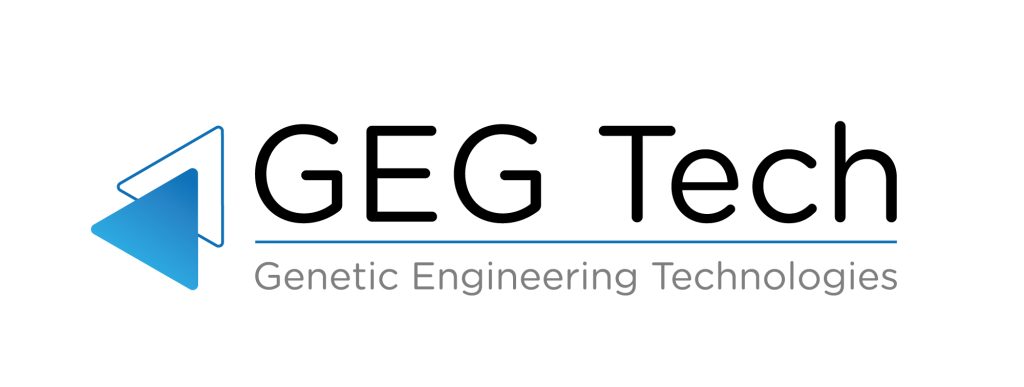Researchers have used CRISPR/Cas9 technology to engineer donor T cells to treat critically ill children with resistant leukemia who had otherwise exhausted all available therapies. The Phase I trial, published in Science Translational Medicine , is the first use of CRISPR-edited “universal” cells in humans and represents a significant advance in the use of genetically engineered cells for cancer treatment. In the trial, the research team constructed and applied a new generation of genome-edited “universal” T cells, which builds on previous work that used older, less precise technology. The T cells were modified using CRISPR. In addition, the piece of genetic code allows the T cells to express a CAR receptor that can recognize a marker on the surface of cancerous B cells and then destroy them. The T cells were then genetically modified with CRISPR so that they could be used “off the shelf” without the need for a donor match. In specialist clean rooms, researchers manufactured their banks of donor CAR T-cells using a single disabled virus to transfer both the CAR and a CRISPR guidance system, and then applied cutting-edge mRNA technology to activate the gene editing steps.





